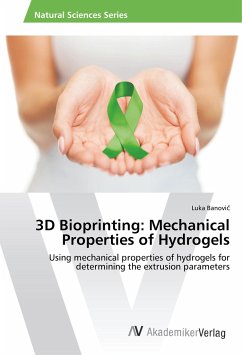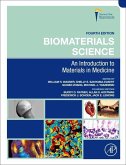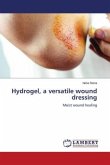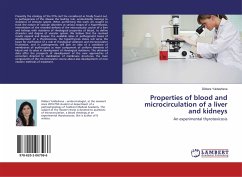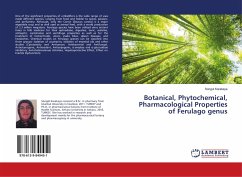In the EU alone in the year 2013 there have been approximately 86,000 people put on the waiting lists for organ transplantation. However, only about 32,000 of them actually had their organ transplanted. Those who were lucky enough to have found a matching donor and had a successful transplantation are now bound to lifelong immunosuppressive medication to prevent refusal of the transplanted organ, which very often negatively affects their quality of life. Researchers and scientists in the field of tissue engineering are putting more and more effort into studying bio-materials and fabrication methods to once be able to fabricate and grow organs from the patient's own cells. This would vastly speed up the healing process and also leave organ refusal out of consideration, therefore circumventing the two major issues that the field is currently tackling. Of course, this is a big step that has to be split into many micro-steps and this manuscript is just one of them. It is a contribution towards tissuse engineering research, adding yet another piece to the very compelx puzzle, all that with hopes for the organ recipients to be able to live a longer and better life as soon as possibe.
Bitte wählen Sie Ihr Anliegen aus.
Rechnungen
Retourenschein anfordern
Bestellstatus
Storno

